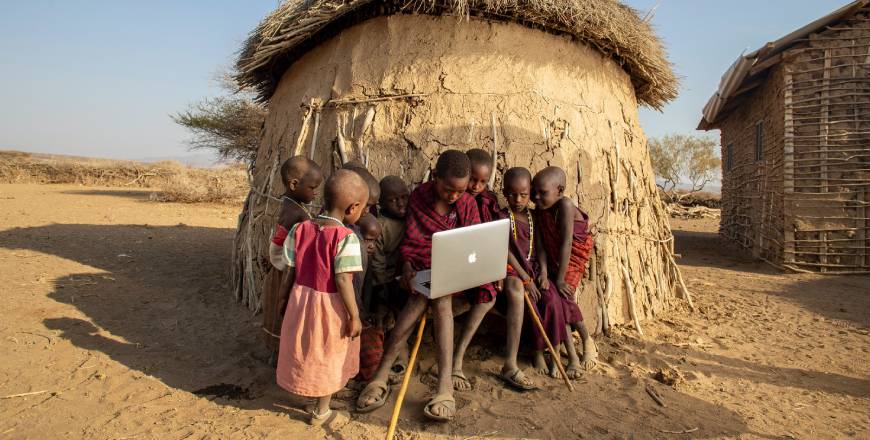Diploma in Education in Emergencies
Course Overview
Conflicts, disasters caused by natural hazards and pandemics keep millions of children out of school and the numbers are rising. In crisis-affected countries, school-age children are more than twice as likely to be out of school as their peers in other countries.
Education is a critical component of emergency response. Children need continuous access to quality education opportunities to stay safe and learn effectively. It is essential that those responding to crises have the knowledge and technical expertise to appropriately plan for and implement education in emergencies interventions. To contribute to building this capacity we are offering training on.
Upon successful completion of the program, students will be able to:
Understand the fundamental concepts and principles of education in emergencies.
Analyze the impact of emergencies on educational systems and learners.
Develop and implement effective teaching strategies for diverse and multicultural classrooms in emergency contexts.
Design and manage education programs that address the specific needs of learners in crisis situations.
Engage in policy formulation and advocacy to support education in emergencies.
Module 1 Introduction to Education in Emergencies
- Educating Children in Emergency Settings; An Unexpected Lifeline
- Emergency Education, a Critical Review Of The Field
- Human Rights and Education
- Role of Education in Protection
- The Role of National Governments in providing education during Emergencies
Module 2 Issues in Education in Emergencies
- Background: Incorporating Education in Humanitarian Assistance
- Issues in Education in Emergencies
- Disaster Risk Reduction
- Conflict Sensitive Education
- Teacher Qualifications & Capacity Development
- Monitoring and Evaluation
Module 3 Education in Fragile Environments
- Education and Fragility: A New Framework
- Education Structures & Management – School Administration
- The Impact of Women Teachers on Girls’ Education
- The Impact of Conflict on Education
- Basic Terms and Concept
Module 4; Guidance and Counseling
- Introduction to guidance and counseling
- Techniques and procedures
- Career development
- Guiding students with special needs
Module 5; Education Psychology
- Definition of Educational Psychology
- The concerns of Educational Psychology
- Areas of Educational Psychology
- Benefits of the scientific approach.
- Focus areas of Educational Psychology
There are four assignments (continuous assessment tests), a research paper and one examination to be offered at the end of the course. Assignments account for 40%, research paper accounts for 30% while Examination accounts for 30% of the mark. Upon completion of the course, you shall be issued a Diploma Certificate and a course transcript.
Upon successful completion of the course, the participant will receive a Diploma Certificate of Merit and a transcript.
Duration: 6 Months
Fee: $700


